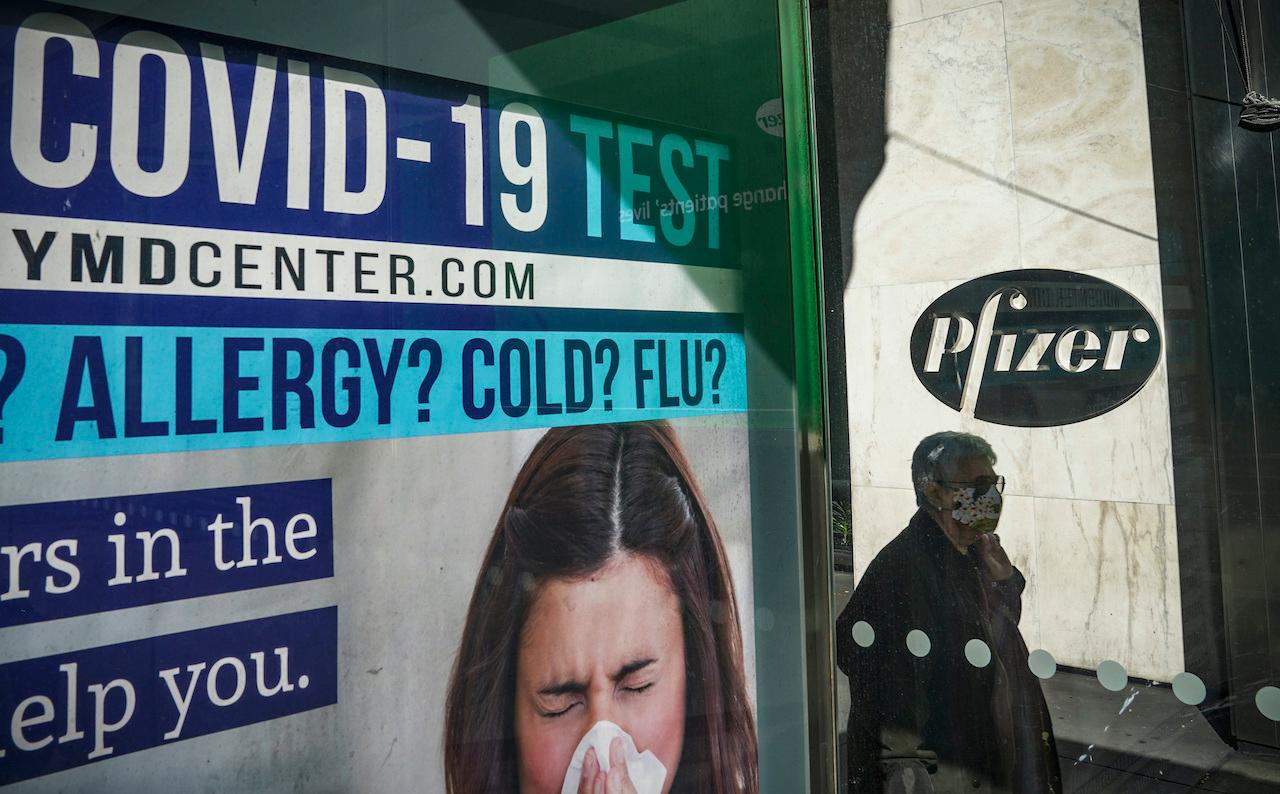Asian hopes rise on vaccine news but ‘cold chain’ problems set to dash optimism for many
Even wealthier nations like South Korea and Japan do not have enough freezer capacity to store the vaccine at -70 degrees Celsius.
Just In
Asian shares rose on Wednesday as hopes for a successful coronavirus vaccine increased and boosted expectations of a swift reopening of the global economy.
The region’s heavily trade-dependent markets would quickly benefit from any vaccine-related improvements.
“Investors anticipate a lift in economic activity and a swing back to physical businesses, judging by their support for travel, consumer, financial, materials and energy stocks,” Michael McCarthy, chief market strategist for CMC Markets in Sydney, wrote on Wednesday.
However, Asian countries are beginning to realise the problems inherent in transporting and storing the vaccine.
With tropical heat, remote island communities and hardly any ultra-cold freezers, many Asian countries aren’t betting on Pfizer’s experimental vaccine solving their Covid-19 problems any time soon.
The genetic material the virus is made from needs to be kept at temperatures of -70 degrees Celsius or below.
“On the cold chain requirement of -70, that is a hefty one. We do not have such facilities,” Philippines’ Health Secretary Francisco Duque told Reuters.
Freezer requirements will be hard for Asian, African and Latin American countries to meet.
Intense heat and poor infrastructure will make it difficult or impossible to keep the “cold chain” unbroken during deliveries to remote areas and islands.
Even wealthier nations like South Korea and Japan are worried.
“Storage is going to be a big challenge for us,” Fumie Sakamoto, infection control manager at St Luke’s International Hospital in Tokyo told Reuters. “I’m not sure how well prepared our government is with regards to maintaining the cold chain. Hospitals in Japan usually do not have ultra-cold freezers.”
The World Health Organization estimates about 70% of the world’s population will need to be inoculated to end the pandemic.
Asia alone is home to more than 60% of the global population, many of them living in remote areas.
However effective the vaccine may turn out to be, it is going to be no quick fix for millions of them.
Subscribe to our newsletter
To be updated with all the latest news and analyses daily.
Related Articles
No articles found.
